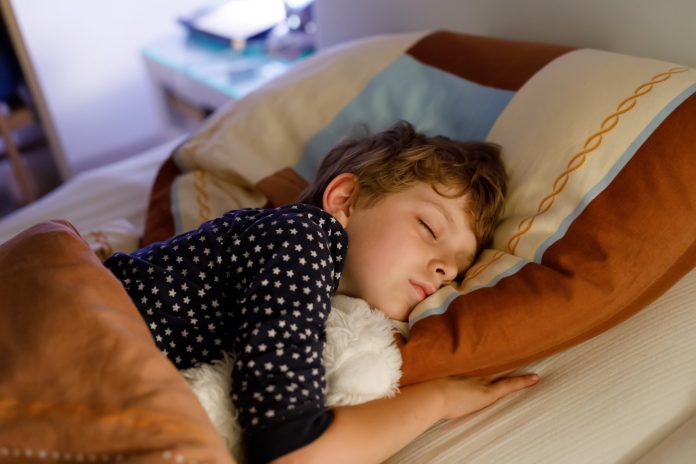A recent study from the University of Georgia’s Youth Development Institute reveals sleep’s crucial role in mitigating children’s impulsive behaviour, particularly in stressful environments
Adolescents may exhibit impulsive tendencies in stressful environments, prioritising immediate rewards over delayed ones.
This behaviour is influenced by sleep patterns, as shown by Linhao Zhang and colleagues’ research.
Impact of sleep on children’s impulsive behaviour
The study, utilising data from the Adolescent Brain Cognitive Development Study, explored sleep’s impact on impulsivity in 11,858 children aged 9-10. Findings indicated a significant connection between inadequate sleep and impulsive behaviours, such as acting without forethought and seeking sensations.
The research identified sleep as a mediator influencing the occurrence of impulsive actions. When sleep problems, including insufficient hours or prolonged sleep latency, were absent, the likelihood of future impulsivity decreased.
The role of neurological hyperconnectivity
The study delved into adolescents’ brain activity during rest, focusing on the default mode network linked to goal-directed actions. Hyperactivity within this network, even during inactivity, intensified the association between stress, sleep, and impulsiveness, potentially related to ADHD.
The findings underscore sleep’s pivotal role in cognitive and behavioural development and suggest low-cost interventions. Prioritising sleep can positively influence psychological development, especially for children facing at-home stressors.
Nurturing healthy sleep patterns
The study highlights the need for consistent routines regardless of the environment. Establishing healthy sleep patterns through delaying school start times and fostering bedtime routines can lead to better sleep duration and decreased impulsivity.
Early interventions are crucial during adolescents’ critical brain development phase.
In conclusion, the study by Zhang and the Youth Development Institute illuminates the intricate relationship between sleep, impulsive behaviour, and stress.
By recognising the impact of sleep on adolescents’ decisions and actions, especially in challenging circumstances, educators, parents, and policymakers can implement strategies to promote healthier sleep patterns and enhance cognitive development.











